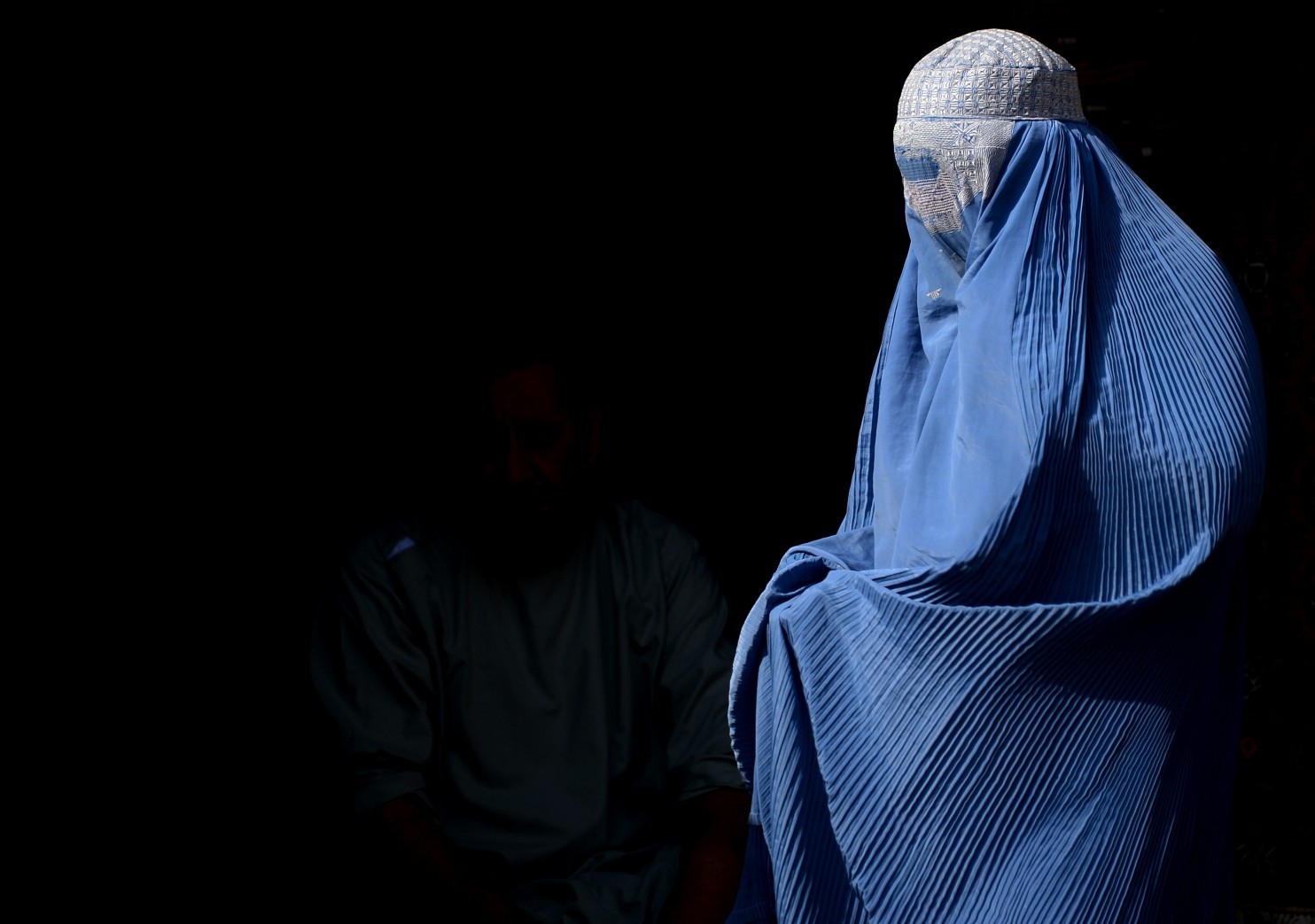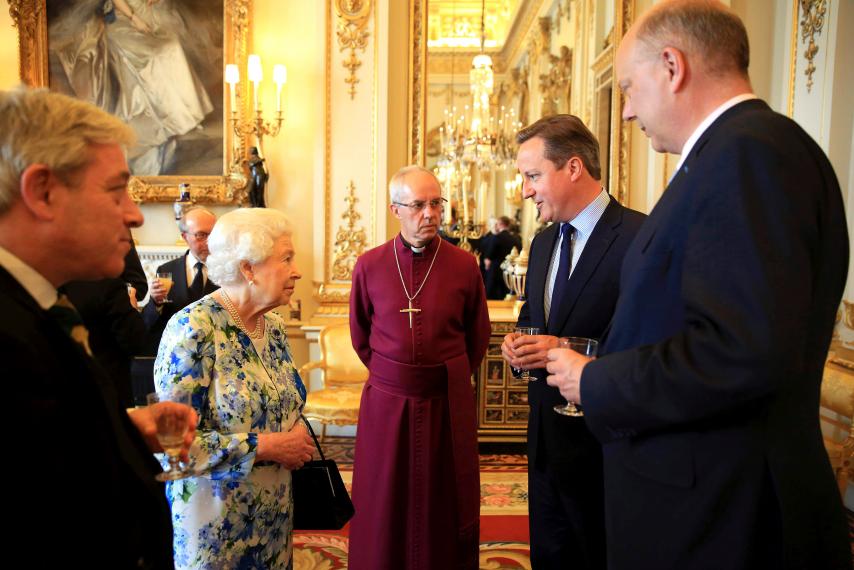
/WP-
KABUL — A 6-year-old girl in rural Afghanistan was reportedly sold in marriage recently to a Muslim cleric in his 50s or 60s. She was later rescued and held in a shelter, while the man was arrested and jailed, Afghan officials said last week.
The incident, which came after several widely publicized cases of young brides being burned or stoned, highlights the enduring tribal practices of child marriage in Afghanistan, often involving abuse. The problem has persisted despite years of public education campaigns, women’s activists said, in part because poor parents need the income it brings.
Officials and relatives of the girl have given conflicting versions of the incident in northwestern Ghowr province, a remote and conservative area where Taliban militants have taken over several districts and imposed severe restrictions and punishments on women for moral offenses.
One account from local authorities said the arrested man, whom they identified as Mohammad Karim, told officials the child’s parents had “given” her to him as a “religious offering” about two weeks ago, while her family claimed she had been kidnapped. His name, age and status as a cleric are all still unconfirmed, however.
The provincial police chief, Mohammad Andarabi, told The Washington Post that the man, whom he named as Sayed Abdul Karim, had married the girl with the parents’ consent in front of witnesses, after they accepted food and cash in payment. Later the man tried to return her, he said, but was seized by residents and turned over to the police.
“The girl is safe . . . she has not been molested,” Andarabi said. Both Karim and the girl’s father have been arrested for questioning, he said. Provincial officials said the girl had been taken to a women’s shelter in the provincial capital.
Afghan women’s rights leaders said that whatever the nature of the arrangement, it was against both Afghan law and Islam, the national religion. They said they were discouraged that their efforts to curb bride-selling and abuse had not met with more success after 15 years of Western-backed democracy and rights promotion.
“Either way, this act is against Islam and our constitution. We want imprisonment of those involved,” said Shahla Farid, an official of the nonprofit Afghan Women’s Network in Kabul. “This shows that despite our public campaign . . . there are some in Afghanistan who still violate routinely the rights of women and children. These are people without culture and religion, and it will take years to reform such people.”
The arrest of Karim came less than a week after a pregnant 14-year-old bride in Ghowr was burned to death, arousing nationwide horror. Her parents said she had been tortured and set on fire by her husband’s family, while his relatives claimed she had died by self-immolation. Last November, a young bride in Ghowr was stoned to death after being accused of adultery.
“In some regions, because of insecurity and poverty, the families marry off their daughters at a very early age to get rid of them,” Sima Samar, head of the Afghanistan Independent Human Rights Commission, was quoted by Agence France-Presse as telling journalists recently.
Under Afghan law, girls must be 16 to marry. But many are married off while still in their early teens. In a recent report, Save the Children, which is active in Afghanistan, said the practice deprives girls of the right to “education, safety and the ability to make choices. . . . This is such a fundamental breach of a child’s basic rights.”
The struggle to protect women from abuse, and to modernize traditional Afghan practices such as selling brides and using girls as barter to settle disputes, has met with stubborn cultural and political resistance. Arranged marriage is still the norm, and eloping with a lover or fleeing an abusive husband is considered a dishonor to the family. Many girls and women have been sent to prison for committing such moral offenses, and the national legislature has resisted passing laws that criminalize domestic abuse.
Moreover, the retreat of Western troops, aid organizations and influence from the conservative Muslim country has coincided with the spreading influence of Taliban insurgents and their harsh moral code. There have been scattered reports of stonings and other primitive punishments being meted out in areas under their control, sometimes with families and onlookers participating.

